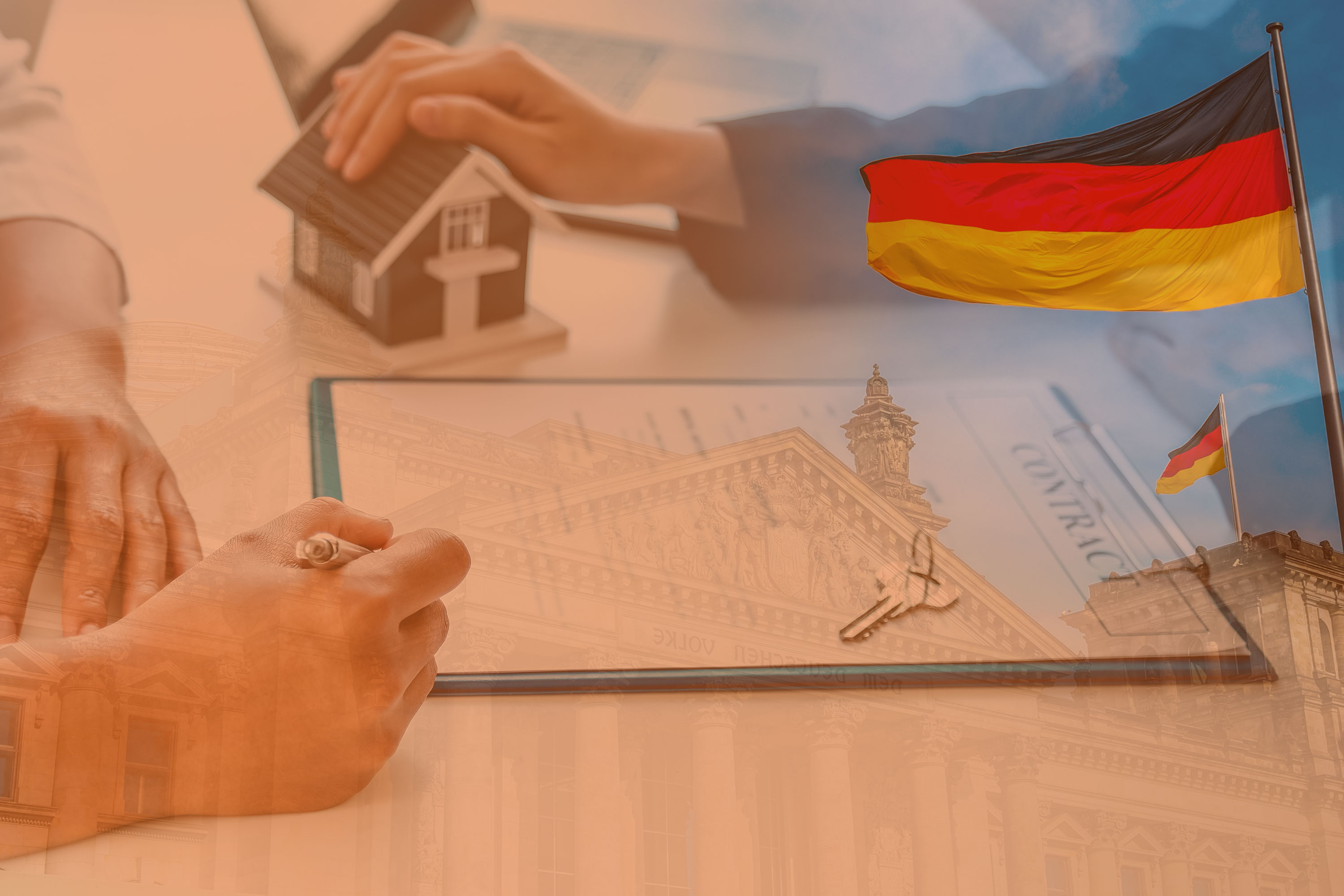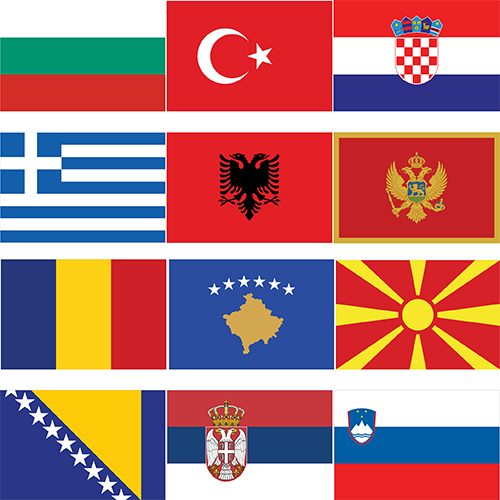How to Get a Residence Permit in Germany

A residence permit in Germany is a legal authorization that allows non-EU nationals to stay in the country for more than 90 days. It is distinct from a short-term visa and is typically issued for purposes like employment, business, study, or family reunification. This permit ensures compliance with German immigration policies and unlocks access to the country's professional, financial, and social systems.
Types of Residence Permits in Germany
Germany offers several residence permit categories tailored to different business, employment, and personal needs:1. Temporary Residence Permit (Aufenthaltserlaubnis)
Issued for defined purposes such as employment, study, or family reunification. Valid for one to three years and renewable.
2. EU Blue Card
Ideal for highly skilled professionals with a recognized university degree and a job offer meeting minimum salary thresholds. Offers a faster path to permanent residency and supports easier company registration in Germany if you plan to start a business.
3. Settlement Permit (Niederlassungserlaubnis)
Permanent residency is granted to those who have held a temporary permit or EU Blue Card and meet integration, language, and financial criteria.
4. Permanent EC Residence Permit
Provides long-term residency in Germany and mobility rights across the EU, suitable for professionals with strong ties to the region.
5. ICT and Mobile ICT Card
Applicable to senior employees transferring within a company across borders. Enables intra-corporate mobility within Germany and the EU.
6. Self-Employment Visa (Business Visa Germany)
Designed for entrepreneurs, freelancers, or business owners. Requires a viable business plan, financial capacity, and proof of economic interest in the region.
Step-by-Step Guide to Applying for a Residence Permit
Step 1: Choose the Right Permit
The automotive industry in Germany is recognized globally for its unmatched engineering standards and innovation-driven culture. Home to brands like Volkswagen, Audi, and Mercedes-Benz, the country invests billions in R&D, pushing boundaries in design and technology. Select the appropriate residence permit based on your business, employment, study, or family objective. Entrepreneurs typically opt for the self-employment visa, while executives may pursue the ICT card or EU Blue Card.
Step 2: Apply for a National Visa (if outside Germany)
Non-EU nationals must apply for a Type D national visa (Germany residence visa) at a German consulate in their home country before entering Germany. Since 2024, many applications begin via the Consular Services Portal (digital.diplo.de), allowing online form submission and document uploads before your in-person appointment. This visa is a prerequisite for applying for a residence permit upon arrival
Step 3: Register Your Address
After arriving in Germany, register your residential address at the local registration office (Einwohnermeldeamt) within 14 days to receive a Meldebescheinigung (registration certificate). This step is mandatory and required for all further processes.
Step 4: Obtain German Health Insurance
You must have health insurance from a German provider (public or private). Foreign policies are rarely accepted. Proof of health insurance is required for your residence permit application.
Step 5: Book an Appointment with the Foreigners' Office
Schedule an appointment with the local Foreigners' Office (Ausländerbehörde). Lead times can vary, so book as early as possible. You must apply for your residence permit within the first 90 days of your stay.
Step 6: Prepare All Required Documents
Common requirements include:
- Completed application form (from the portal or provided by the office)
- Valid passport (with at least 6 months’ validity beyond your intended stay)
- Type D visa and entry confirmation
- Two biometric passport photos
- Proof of address registration (Meldebescheinigung)
- Proof of health insurance (from a German provider)
- Proof of sufficient funds or income (bank statements, job contract, or blocked account)
- Business plan (for entrepreneurs)
- Job contract or employment offer (for employees)
- Proof of academic qualifications (for EU Blue Card)
- Proof of clean criminal record (if requested)
- Proof of German language skills (for certain permit types, typically A1–B1 level)
- Purpose-specific documents (e.g., marriage certificate for family reunification)
Step 7: Attend the Appointment and Submit Your Application
Present your documents in person, provide biometric data, pay the applicable processing fee, and receive a temporary certificate while your application is processed. Approvals may take several weeks to a few months.
Business Visa Germany: A Closer Look
If your goal is to establish or operate a business in Germany, the business visa issued under the self-employment residence permit is your key entry route. It’s designed for:
- Entrepreneurs launching a new venture
- Freelancers offering professional services
- Company founders with a viable business plan
Your application must demonstrate economic relevance, benefit to the local market, and sustainability. Sectors like tech, manufacturing, healthcare, and export services are particularly encouraged. Authorities will assess your business plan, financial capacity, and the potential for job creation or innovation.
Pathways to Permanent Residency
After holding a temporary residence permit or EU Blue Card for a certain period (usually 21–33 months for Blue Card holders or 5 years for other permits) and meeting integration, language (typically B1 level), and financial requirements, you may apply for a Settlement Permit (permanent residency).
Processing Times and Fees
Processing times can range from several weeks to a few months, depending on the permit type and your location. Fees also vary, typically between €100–€140 for most permits.
Tips for Success
- Start your application well in advance.
- Ensure all documents are complete and translated into German (if required).
- Consult a German immigration lawyer or specialized agency for complex cases or business applications.
- Stay informed about current requirements via the official German government websites.
Conclusion
Securing the right residence permit in Germany is more than just an administrative step—it’s a strategic gateway to long-term success in Europe’s most influential economy. From choosing the ideal permit to preparing solid documentation, every action lays the foundation for sustainable business growth in Germany.
With the country’s strong support for innovation, transparent regulatory environment, and global connectivity, your journey as a professional or entrepreneur starts with this critical move. Whether you’re scaling a start-up or expanding a multinational footprint, your residence permit is your ticket to long-term impact and opportunity in Germany.














 Twitter
Twitter